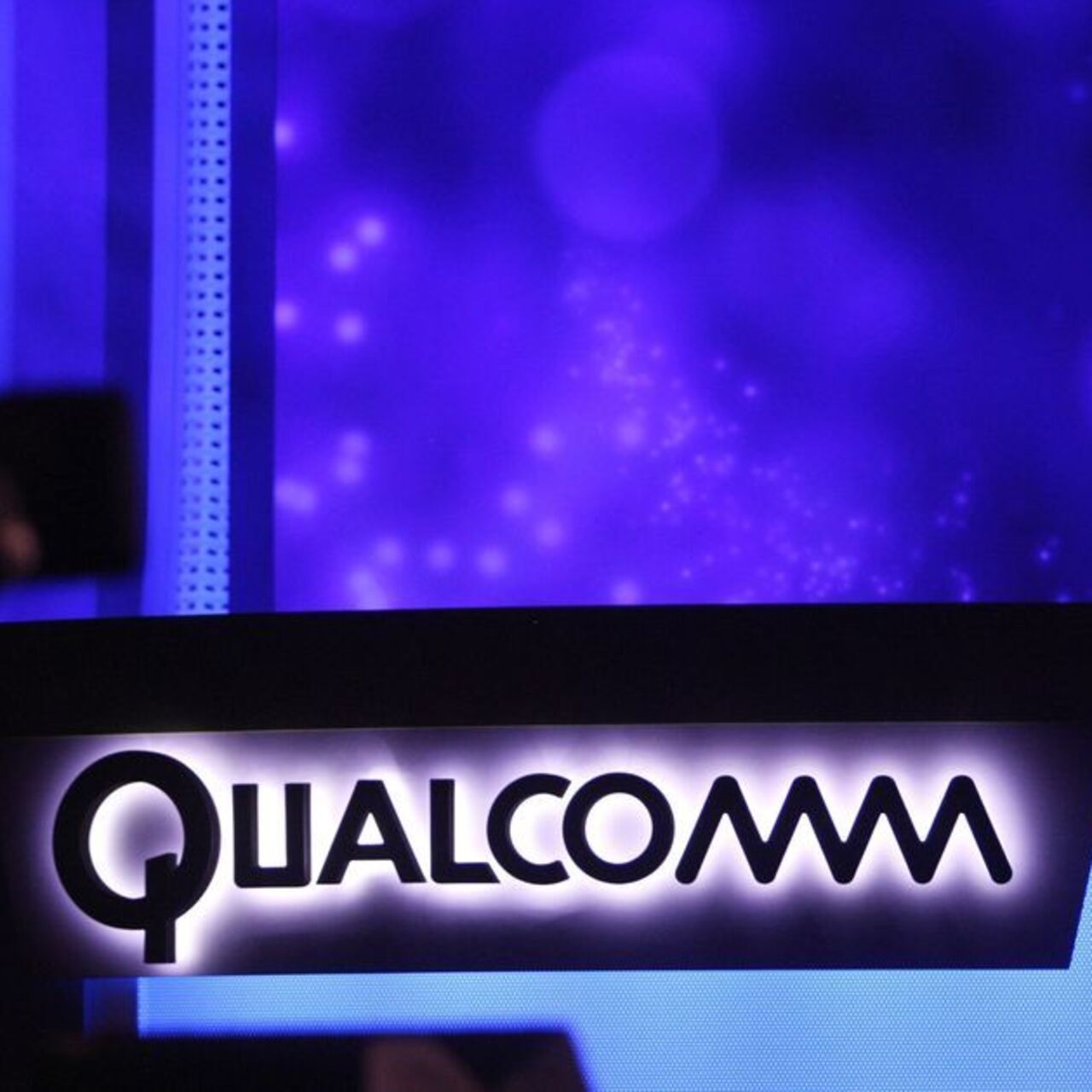
Qualcomm won an important victory with a jury verdict stating that its central processors were properly licensed under the agreement with Arm Holdings. It was stated that Qualcomm’s central processors were used legally within the framework of the licensing agreements made with Arm Holdings. In this case, Qualcomm received the necessary licenses to use Arm’s technology and patents and developed its processors in line with these licenses. This means that Qualcomm can continue to use Arm’s technologies.
The case began when Arm Holdings alleged that Qualcomm violated Arm’s licensing agreements after purchasing the technology company Nuvia. Arm claimed that the Snapdragon processors developed using Qualcomm’s Nuvia technology were unlicensed, and therefore a lawsuit was filed.
QUALCOMM SHARES RISE
After a week of trial and deliberations, the jury was unable to resolve one of the three questions and the case ended in disagreement on one part. While Qualcomm stated that the result confirmed the right to innovation, Arm decided to request a new hearing. Following the news, Arm’s shares lost 1.8% in value, while Qualcomm’s shares gained 1.8% in value.
Judge Maryellen Noreika, who presided over the case, said she thought a retrial would not bring a clear victory for either side. Noreika encouraged Arm and Qualcomm to resolve their dispute through mediation.
THE CASE MAY BE HELD AGAIN
The result of the decision indicates that Snapdragon processors developed by Qualcomm using Nuvia technology can continue. However, the jury could not agree on whether Nuvia had violated the licensing agreement. Arm requested a new trial to protect the company’s intellectual property.
The lawsuit between Qualcomm and Arm may be heard again in the future. Judge Noreika invited both parties to resolve their disputes. This case once again revealed how intense the competition is between the major players in the chip industry.

